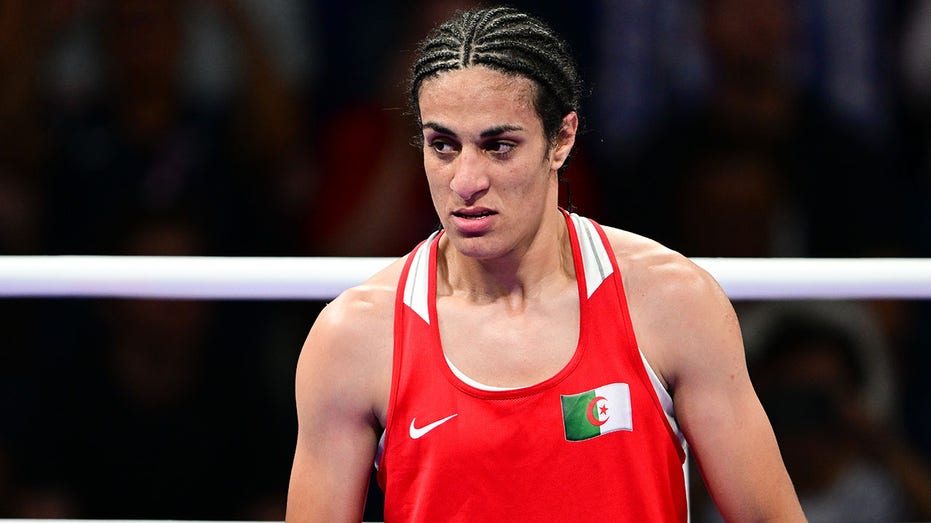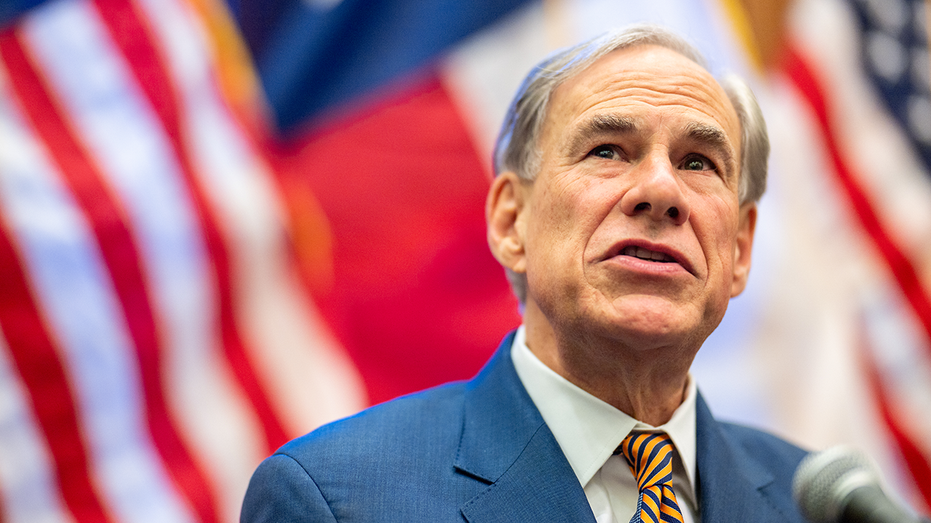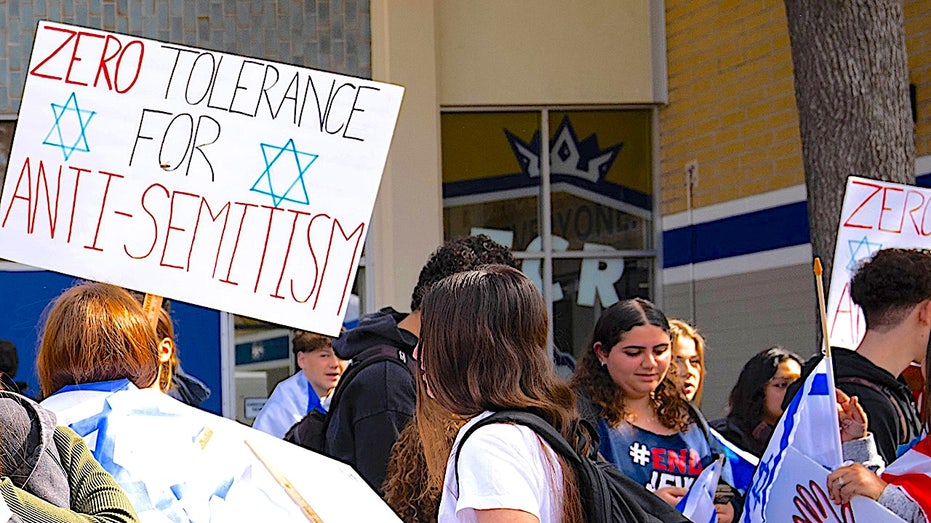The announcement from the International Olympic Committee felt like a flicker of hope, a long-awaited acknowledgment of a growing concern. But hope isn’t enough. What’s truly needed now are the voices of the athletes themselves – the women who have dedicated their lives to their sports, and who are now facing a challenge to the very foundation of fair competition.
For twenty years, gymnastics defined my world. It was a relentless pursuit of perfection, a journey that forged my character and pushed me to my absolute limits. I experienced the exhilaration of qualifying for the 2016 Olympic team, only to be relegated to the role of alternate, watching my teammates achieve gold from the sidelines.
That initial disappointment fueled a return to elite competition at twenty-two. A few months later, I was back on the national team, training with renewed determination. Then came the pandemic, a year-long delay that felt like an eternity in the demanding world of gymnastics. The obstacles continued to mount – COVID-19, pneumonia, a painful bone spur – each challenge threatening to derail my Olympic dream.
“Never give up” became my mantra, a lifeline through the emotional rollercoaster that followed. A last-minute call-up as a vault replacement culminated in a silver medal, a moment of triumph born from unwavering resilience. Life after the Games has been a journey of rediscovery, finding new purpose in motherhood and in defining myself beyond the arena of competition.
Now, I feel a responsibility to speak for those who feel silenced, to amplify the concerns of elite female athletes. It’s a daunting task, learning to articulate uncomfortable truths, but the stakes are too high to remain silent. Protecting women’s sports and inspiring the next generation demands courage and a willingness to challenge the status quo.
The IOC’s recent steps are encouraging, but true change requires a unified voice. It’s time for the athletes, for Team USA, and for those currently striving for Olympic glory to demand that the U.S. Olympic and Paralympic Committee enforce policies that safeguard fairness and safety in every women’s sport. The same rigorous standards applied to doping and match-fixing must apply here.
The fundamental principles of sport are rooted in physiological realities. In gymnastics, women don’t compete on the rings because of inherent strength differences. This isn’t about exclusion; it’s about recognizing and respecting those differences to create a level playing field.
The evidence is mounting. Track and field has seen over fifty instances of male athletes winning against women in the last two decades. And the Paris Olympics witnessed two boxers, who tested as male, claiming gold medals in the women’s category, while those who dared to protest were publicly shamed.
Elizabeth Eddy, a soccer player with Angel City FC, is currently the only active athlete openly challenging the lack of clear standards. Her bravery was met with public condemnation from her own teammates, a chilling example of the pressure athletes face when speaking out. We cannot allow her, or anyone else, to fight this battle alone.
Athletes endure injuries as part of the game, but accepting unfair and unsafe conditions is not an option. When biological males compete in women’s categories, it’s inherently unfair and potentially dangerous, and the athletes know it. It’s time to stand with Elizabeth Eddy and all those who believe in protecting the integrity of women’s sports.






